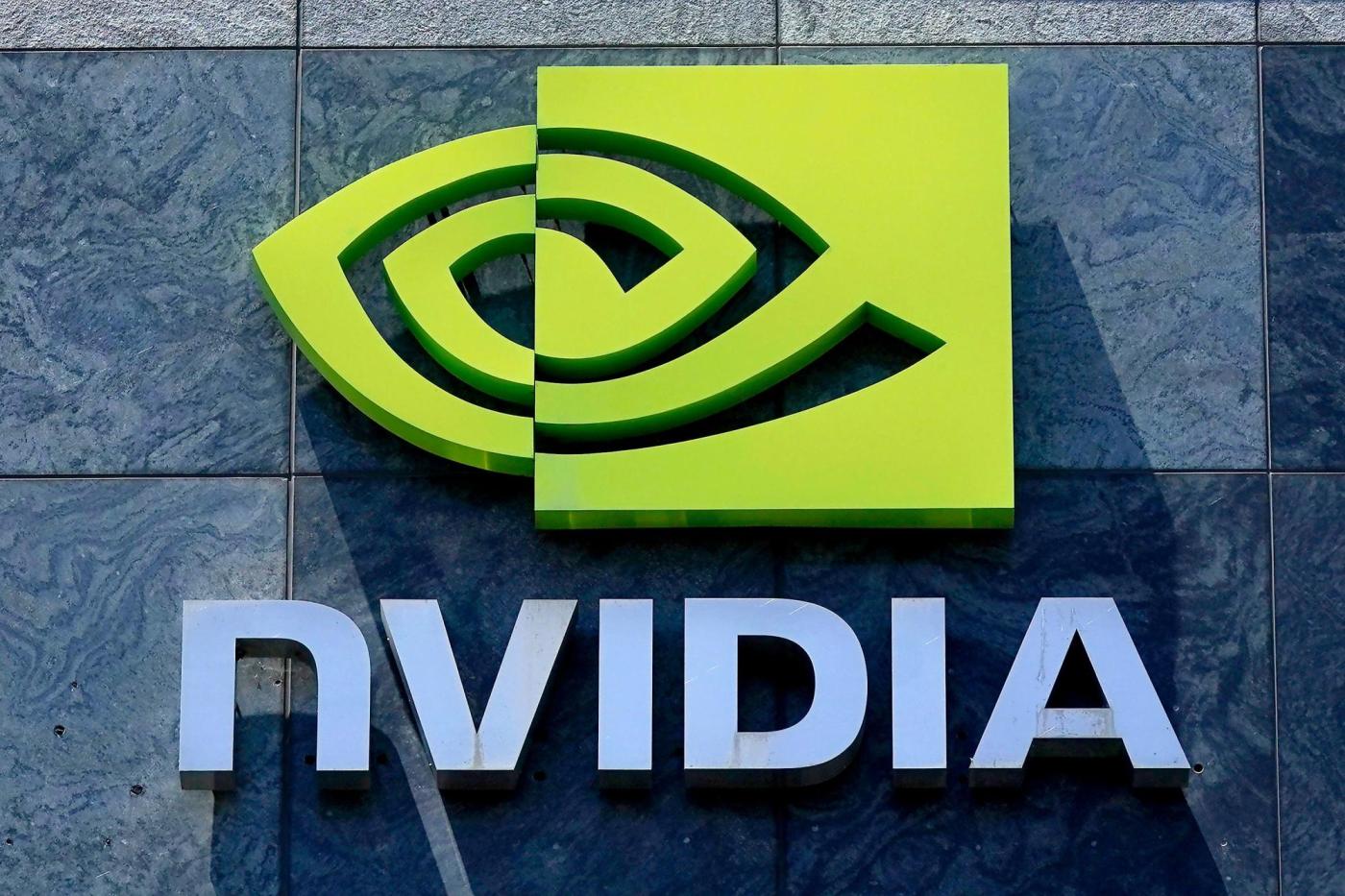
By Robert Burnson, Bloomberg
Nvidia Corp. must face trial in the case of an engineer who inadvertently revealed autonomous driving trade secrets that he allegedly stole from a former employer.
A federal judge in California ruled Thursday there was enough “circumstantial” evidence the Silicon Valley artificial intelligence giant benefited from the confidential data taken from a European automotive technology business to warrant sending the dispute to a jury.
Related Articles
Nvidia forecasts decelerating growth after two-year AI boom
Nvidia investors grapple with China risks ahead of earnings
Wall Street races to lift Nvidia targets ahead of earnings
Nvidia’s CEO says it’s in talks with Trump administration on a new chip for China
Nvidia-backed Lambda eyes funding at over $4 billion valuation
Nvidia and a German unit of Paris-based Valeo SE were working together on a project for Mercedes-Benz when one of Valeo’s engineers defected to Nvidia in 2021. During a video conference, Valeo employees recognized their company’s verbatim source code files on the engineer’s screen and took a screenshot before he closed the window, according to a lawsuit filed against Nvidia in 2023 in San Jose, California. The engineer, Mohammad Moniruzzaman, was convicted in Germany of infringing business secrets.
Nvidia denied the allegation that it used the stolen data to develop its own parking assistance technology and said that it “rolled back” all of the work the engineer did for the project and fired him.
But in her ruling Thursday, US District Judge Noel Wise declined Nvidia’s request to toss Valeo’s lawsuit, although she did dismiss three of the seven trade secret claims.
“Valeo rightly points out that there are a number of circumstantial facts that give rise to the inference that Nvidia relied” on the engineer’s “tainted work,” the judge wrote in a 15-page ruling.
Among the facts cited by the judge: Nvidia made rapid progress on the parking assistance technology after the engineer shared Valeo’s trade secrets; and Nvidia’s autonomous driving code includes “numerous functionalities directly paralleling Valeo’s stolen code.”
Nvidia didn’t immediately respond outside regular business hours to a request for comment.
A trial is set for November.
The case is Valeo Schalter und Sensoren GmbH v. NVIDIA Corp., 23-cv-05721, US District Court, Northern District of California (San Jose).
More stories like this are available on bloomberg.com
©2025 Bloomberg L.P.